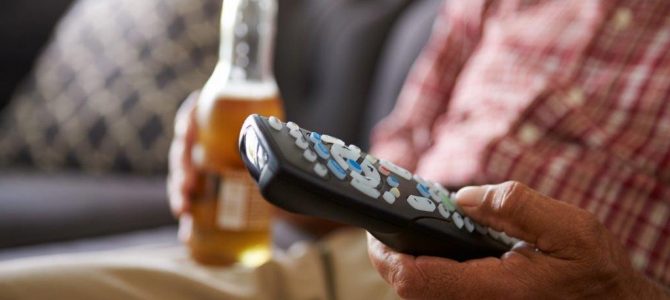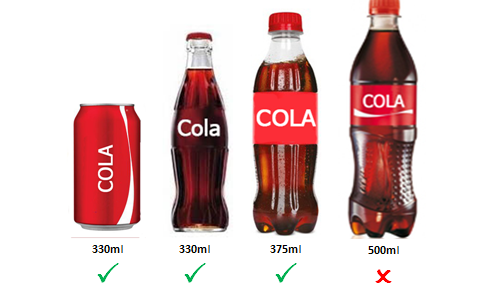How acceptable do people find nudges such as reducing bottle sizes of sugary drinks to prevent obesity? Does highlighting the non-conscious nature of nudging affect their acceptability? The results of our recent study published 8th June, 2016, conducted with over 2000 UK and USA participants, show that most people find such “nudges” to be acceptable interventions to prevent obesity.
Although, highlighting the non-conscious nature of nudges does not alter their acceptability, the study found that taxing sugary drinks, was only acceptable to a minority. But for both nudging and taxing, the acceptability of the intervention increased the more effective participants judged them to be. This suggests people are prepared to trade off dislike of an intervention for achieving a valued goal, such as tackling obesity.
Public acceptability in the UK and USA of nudging to reduce obesity: the example of reducing sugar-sweetened beverages consumption. Petrescu DC, Hollands GJ, Couturier DL, Ng YL, Marteau TM.
Access full text



